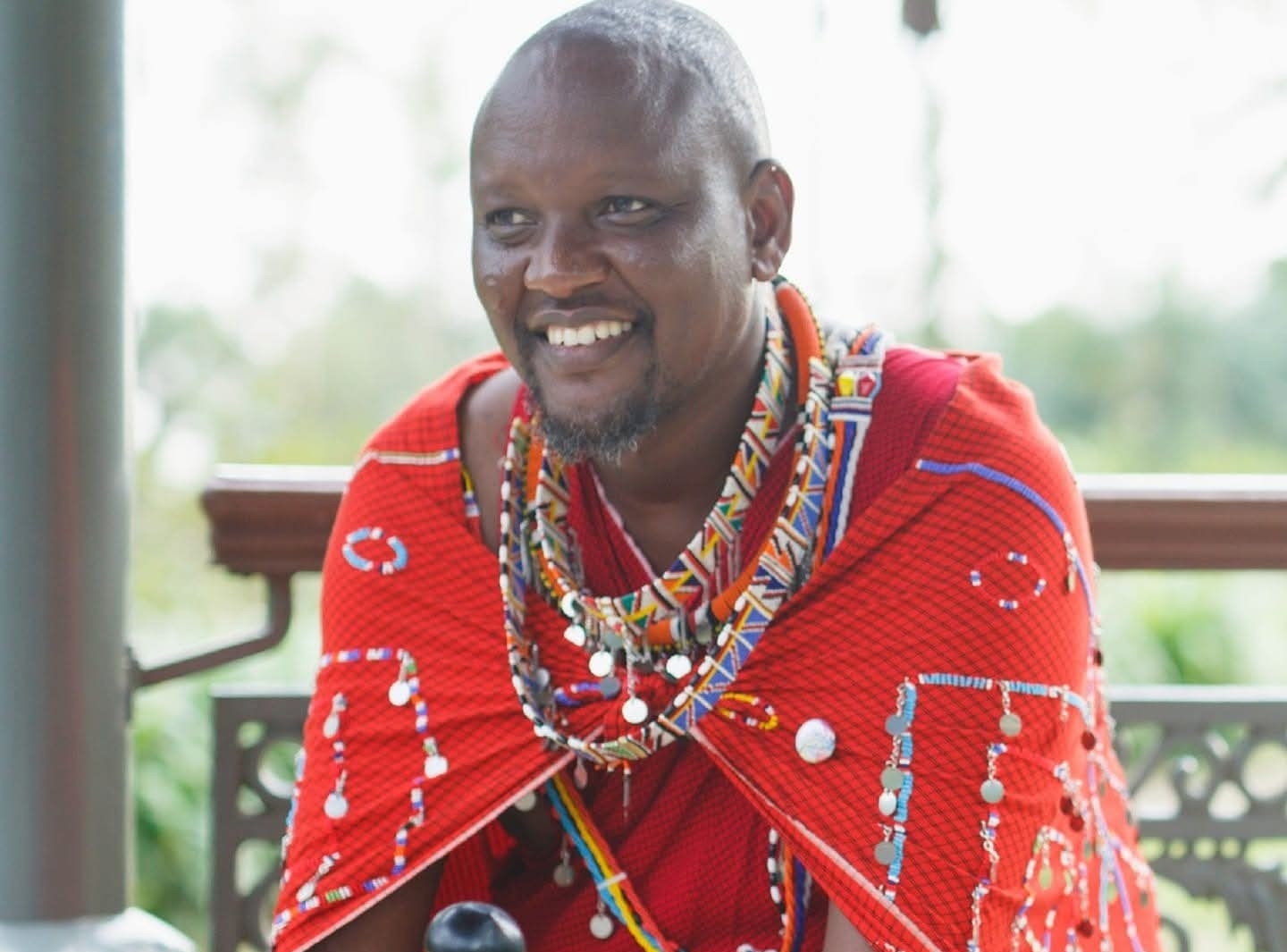While the boardroom wars that threatened to frustrate the global adoption of 5G networks largely pitting the USA and China have eased somewhat following the election of Joe Biden, internal policy challenges elsewhere might still be standing in the way of roll-out of this new telecommunication technology in Kenya.
The challenges of those wanting fast network services and phones are very frustrating.
Many times this can be attributed to poor infrastructure to support it especially outside major towns in Kenya.
As the country strives to move to the digital economy, quick sound decisions and moves in the sector are critical.
Among the new areas, the 5G technology is supposed to improve speeds, quality, services, enable virtual reality, augmented reality and artificial intelligence.
Additionally, it’s also expected to benefit users in the energy, healthcare, education, transport and entertainment sectors.
5G technology advantages are largely premised on increased internet speeds that are critical in such uses as in AI and connecting people with quality and fast speed services. They’ll also be of immense use to those who can’t have fiber or wi-fi in their homes, since 5G can bring similar speeds with just a dongle, router or by hot-spotting from a phone.
In March this year, telecom giant Safaricom announced the launch of the trials for the 5G in Nairobi, and the Western region towns of Kakamega, Kisumu and Kisii with planned expansion to 150 sites across the country over a period of one year making Kenya the second country to South Africa (through MTN, Vodacom and Rain) on the continent to offer such services to their customers.
Huawei, which has invested heavily in the new technology globally, and Nokia are the chosen communication and technology companies leading the rollout with Safaricom in Kenya.
During the launch, Safaricom indicated that the main goal of the 5G network trial was to offer access speeds of up to 700 Mbps which will be graduated to 1,000 Mbps and above speeds over time.
It would be interesting to see or hear progress feedback on the speed of the trial and infrastructure preparedness on the same, for it required some clearance and support from the Communication Authority of Kenya, especially spectrum-related issues.
Looking at the Huawei parent company in China and the massive investment they have put in the preparations, it would be very frustrating for them if countries are reluctant to create the necessary policies and conducive environment that support the full rollout of the network services.
It's apparent that the new network requires different infrastructure from that used in the 4G and 3G networks. Experts at GSMA, the mobile industry alliance, have written that 5G needs a lot of spectrum allocated for each operator, which currently has not yet happened here. They also note that if the fees charged by the government are high, it will lead to slower network roll-out and higher costs for citizens.
“With 5G, we aim to empower our customers with super-fast internet at work, at home and when on the move, supplementing our growing fibre network. At Safaricom, we are proud to be the first in the country and the region to bring this latest innovation to both our retail and enterprise customers empowering them to start exploring new opportunities that 5G provides,” Peter Ndegwa, CEO, Safaricom said during the launch.
It will be interesting to hear from the industry players on the progress of the 5G network in Kenya if they don’t yet have enough spectrum; and what prices that 5G packages may cost when publicly available.













